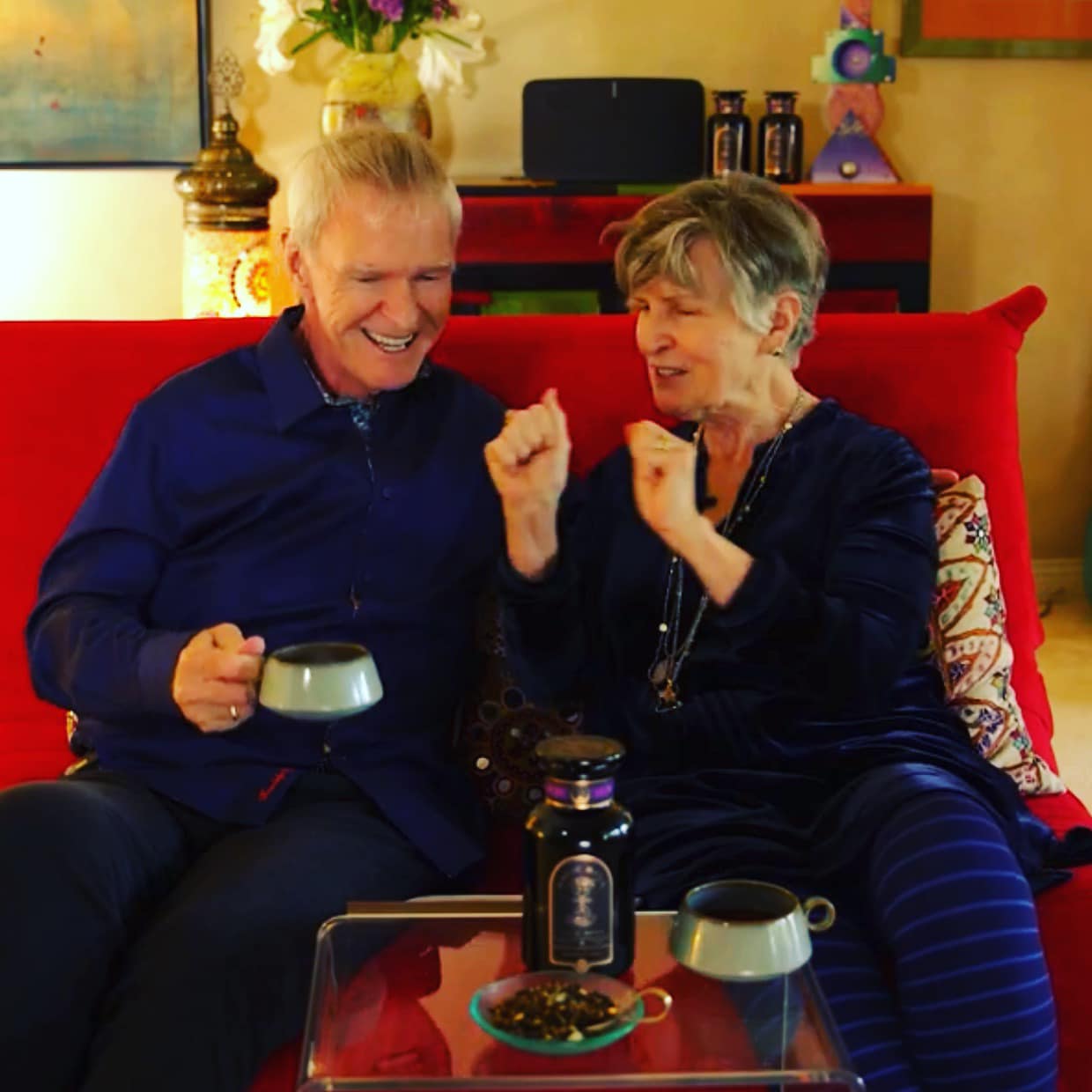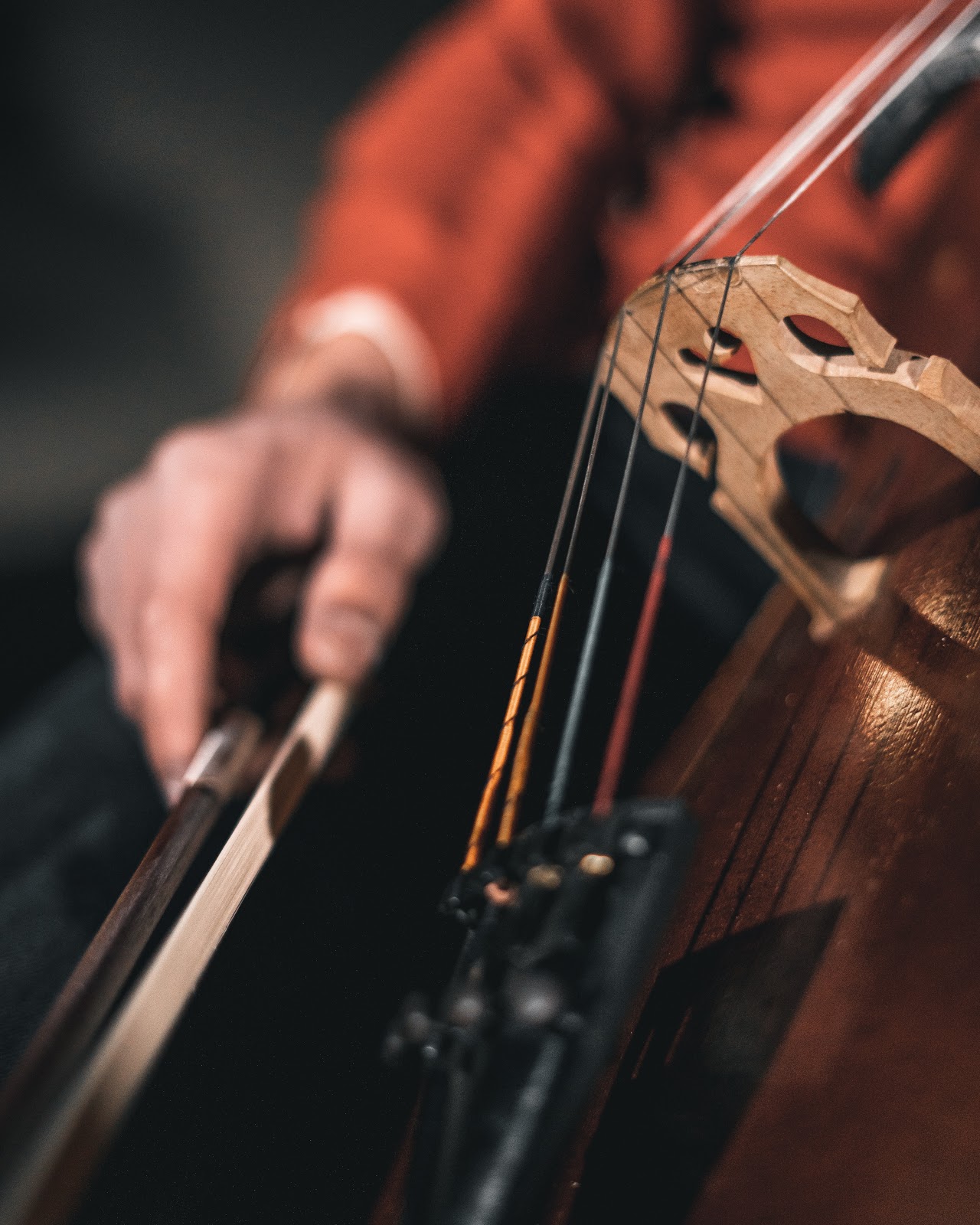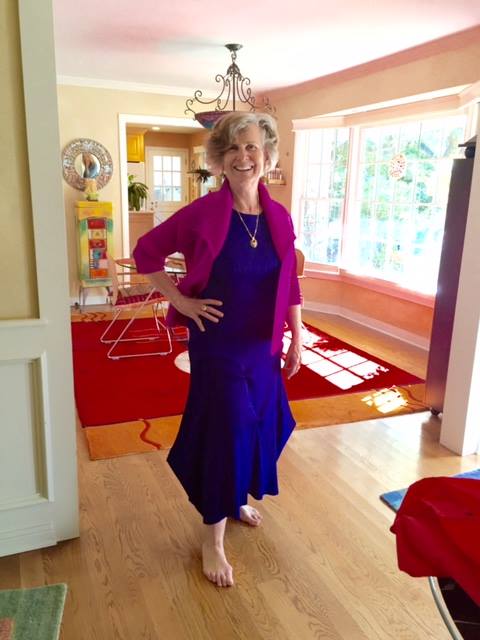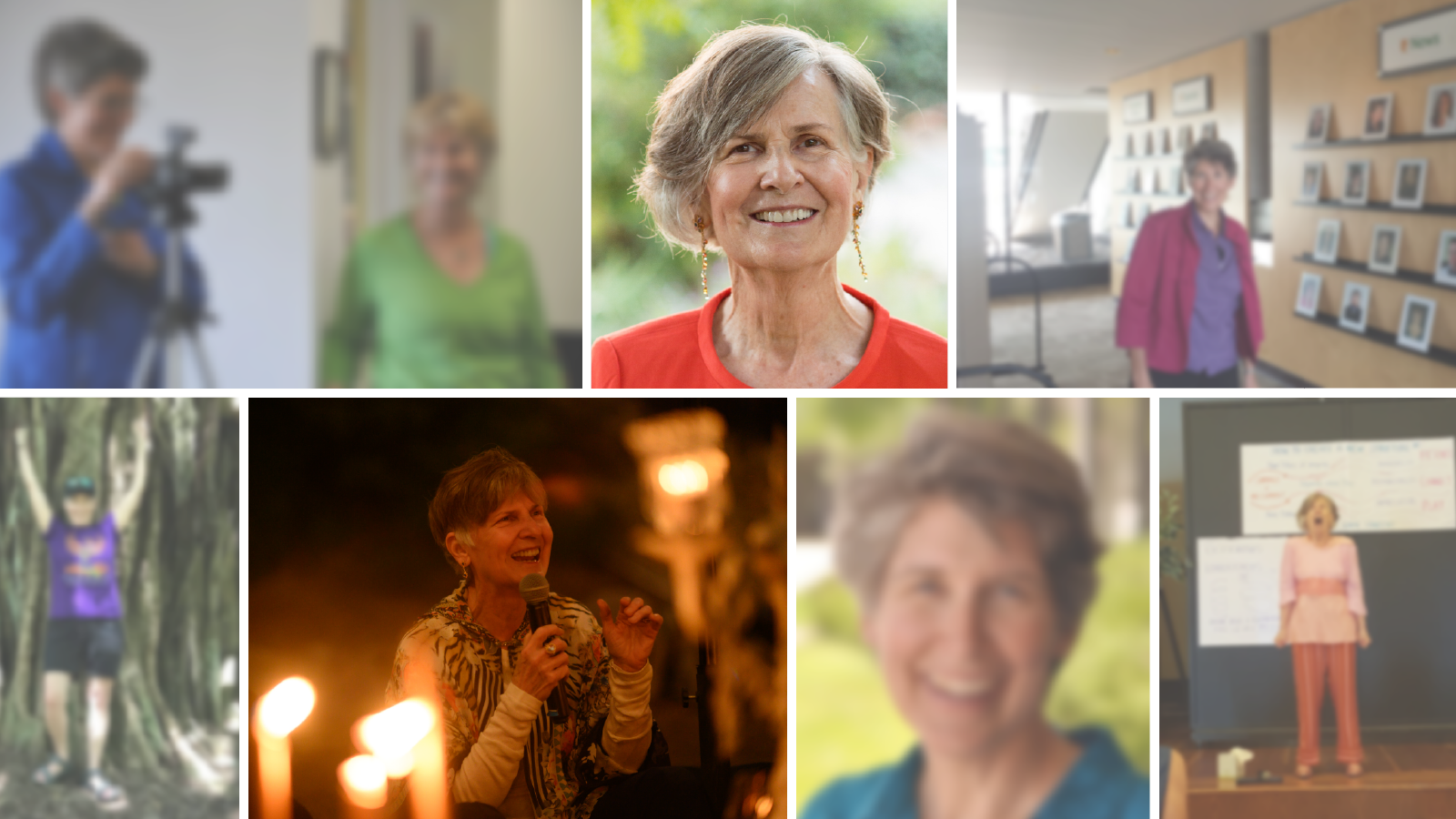Kathlyn (Katie) Hendricks, PhD, BC-DMT, and Julia (Julie) Colwell, PhD, are pioneers in the field of human consciousness, conscious leadership and human potential. Nancy Kepner, co-founder of Crafted Leadership, LLC, sat down with Katie and Julie to get their perspective on a range of issues. Crafted Leadership’s mission is to spread conscious leadership throughout the global workplace, using Julie and Katie’s work as the foundation.
Nancy: I’d like each of you to describe or summarize your respective bodies of work.
Katie: Here is how I have come to describe the core of my work:
I feel through to the heart with laser love and
evoke essence through deep play.
Julie: Oh, nice answer.
Katie: That’s what I do. [My husband Gay and I have created] a body of work that includes over 40 books, 12 which are co-written, and a map for creating thriving relationships throughout life. When you practice this processes, love and discovery can just keep getting better. That’s our own evidence and the evidence of exploring with thousands of people.
We focus on conscious loving and body intelligence. The way those inform each other – your body wisdom and befriending your body and your feelings – addresses one of the most important issues on the planet.
Our suppression and control of feelings has created most of the violence in the world, as well as our inability to love ourselves and to let others love us, by pushing them away through fear.
What people are really longing for is a direct experience of life, to feel their own lovability, to experience connection, and to be able to make a contribution.
I think that our work gives people the practices to do these things.

Katie and Gay’s body of work is a map for creating thriving relationships throughout life
I notice that most people think that the only important part of their body is their head. Thomas Edison said years ago that the only important function of the body was “to move the head from place to place.” I’ve heard lots of clients say, “If you could just get her to stop with all that feeling stuff. If we could just take care of that, we would have a fine relationship.”
Our attempt to control energy, rather than enjoying it, is at the basis of cultures trying to control women for so many centuries, which is really an attempt to control creativity, to control the messiness of creativity.
To try to control energy, sexuality, and creativity are all the same thing. If you clamp those down, you clamp down all life energy. If you open one of them, you open all of them.
The dilemma for most people is they try to approach from the head. It’s logical. If you would just do this, and then you do this, then this will follow. That isn’t how life works.
[We teach] people to enjoy the experience that their bodies are trustworthy, that you can listen to yourself and get valuable information about making choices, that you can have more and more freedom of how to express yourself, and particularly to express your uniqueness into the world — what we call your genius that only you can contribute. When everybody is doing that, all of the instruments in the orchestra are tuned up. We can play together in a genuine way that creates new melodies, new possibilities for us to enjoy each other.

[We challenge the notion] that we have to first figure out what is wrong and what the history of everything that is wrong is, and whose fault it was. There are nations that are still fighting about something that happened centuries ago. Instead, we could be really looking at how we can be fully present here, how can we can bridge differences to connect, and then what wants to emerge in the dance of that connection.
We put a lot of focus on both how to love yourself, then also how to find what it is that truly wants to move through you. When we’re caught in the “I’m unlovable” and “do you love me” and “am I acceptable” belief, we miss the big opportunity which is that I can enjoy every second of my life because I am expressing what I most love to do.
I think of our work as consciousness embodied and in action. We specialize in The How of Consciousness.
In a lot of eastern traditions, they talk about going off into the mountains or going off into the cave and meditating, but that’s only a small part of the journey. The end of that journey is what is called “back to the marketplace.” In this state you are able to live your integrity, live your embodied wholeness in daily life, in your relationships, in your business.
One cornerstone of our work is integrity and the practice of integrity (not the talking about integrity, but the actual practice of wholeness) and how to recover your wholeness when you make a mistake, or you get caught in trying to be right or you withhold something. It’s possible your life isn’t over.
It’s possible to recover your integrity, and your wholeness, and then move into more and more of expressing from a state of, “I belong here. I have something to contribute. I can have fun.”
[Our work] is changing the meaning of what life is because so many people believe that life is hard, and serious, and full of suffering. Play has been cut out of curriculums at school. Play is what allows us to be fully human. Our focus is not only about the play of consciousness but about what is the play that’s wanting to happen.

Katie Hendricks loves to play.
Julie: I love a good tool. Yours are incredible, powerful tools. You are bringing in the body, this feminist perspective of body as positive body. We all have one and you’re showing and knowing what to do with the body instead of trying to be outside of it. You’re bringing that ethos into our world is important.
You’re about coming back into our bodies and remembering the sacred body that we’re all inhabiting, Mother Earth. You are bringing that principle back in such a profound way.
Katie: Yes, thank you. We sometimes call it big body/little body. Because I don’t love my own body is why I trash the big earth body.
Other blogs from this interview touch on fear, courage, emotions in the workplace, flags, their bodies of work, and the present world. Read the next installment, Part 3 — Julie’s work.

